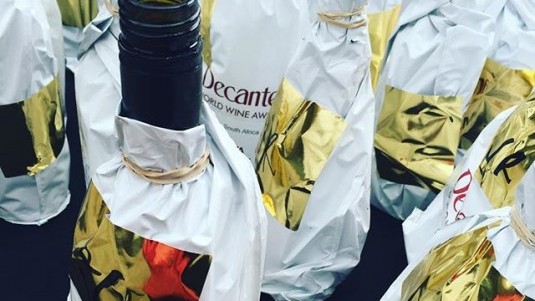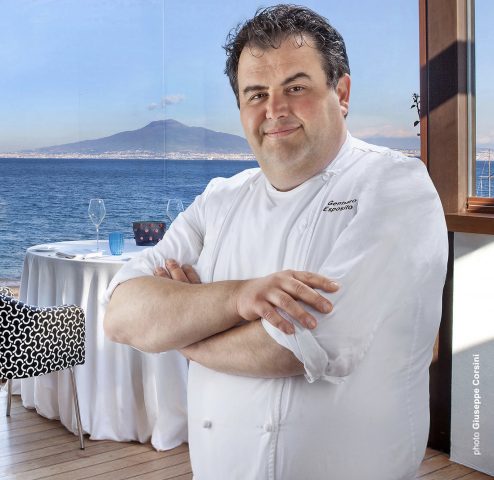The Decanter lesson

I know many of our readers are a little skeptical about wine contests and this is in large part due to the fact that many producers are reluctant to send their wines to such events. This is understandable because they have already built a reputation and established a market position and see no reason to face additional tests, also in consideration of the risks these entail. However, there are many wineries, I’d say the overall majority, who need visibility and legitimacy and consider international contests as an excellent venue to get known. For the past six years
I have taken part in the Decanter World Wine Awards (DWWA) and every year I see how efficient my friends and colleagues at the British magazine are in organizing the event and how farsighted its goals are. Bringing together at a tasting wine critics, Masters of Wine, importers, sommelier and retailers so they can exchange views and discuss questions that go beyond personal preferences is an important way to understand the direction the wine world is taking.
Tasting wines from Veneto, Piedmont and southern Italy together with formidable experts from around the world has allowed me to understand their points of view, those that were substantially summed up in an article Jancis Robinson wrote inviting Italian producers to avoid trying to copy French wines and focus more on using local grape varieties. I have personally witnessed great enthusiasm for a Fara, a Grignolino d’Asti and a Castel del Monte that were technically well-made and distinctly different from the sea of standardized wines that are still being produced in the so-called New World. Italy has shown that it is capable of expressing its unmatched wealth of originality and diversity and this is crystal clear at these international events. The participants are not only trained to recognize wines made with the necessary technical skill without defects of brett, volatile acidity and oxidation. They are an important cross-section of those who count in the wine world, experts who have a positive, unbiased outlook towards the new wines they encounter and who can play an important role for the wines’ future if they are offered at a reasonable price. What is surprising to see is how ready they are to try a new wine or tackle an issue without every falling into the trap of being provincial or chauvinistic, which sometimes happens at Italian events, and seek a shared consensus.
It is for this reason that I would like to thank my friends at Decanter and, in particular, Steven Spurrier, Sarah Kemp and Christelle Guibert who have played key roles in organizing a contest that has examined 18,000 wines from around the world and involved almost 300 judges working at a location as spectacular as London’s Tobacco Dock. They have been very good indeed.

 Italiano
Italiano







